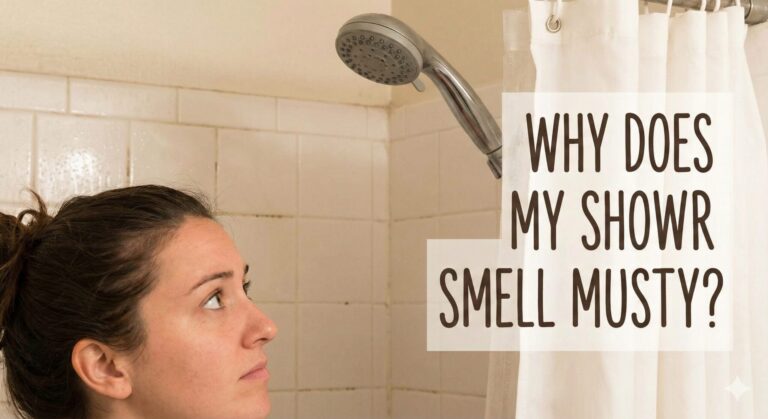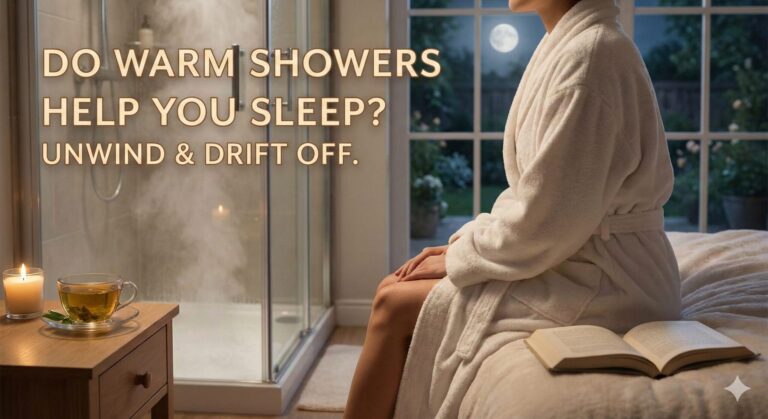The Unspoken Benefits of Not Showering: Why “Less is More” for Your Skin Microbiome
In our modern society, cleanliness is often equated with godliness. We are conditioned to believe that a daily scrub—often with hot water and harsh soaps—is essential for health. But what if we told you that your daily hygiene ritual might actually be damaging your skin’s natural defense system? It sounds counter-intuitive, but there is a growing body of scientific evidence suggesting that we are over-cleaning ourselves.
This isn’t an endorsement of poor hygiene or smelling bad. Rather, it is an exploration of the biological benefits of reducing shower frequency. Just as we ask is it bad luck to shower on New Year’s Day, we should be asking: is it bad biology to shower every single day?
1. The Microbiome Reset: Restoring Your Skin’s Ecology
🧬
The Acid Mantle
Your skin has a protective barrier known as the acid mantle. It is a thin, slightly acidic film made of natural oils (sebum) and sweat. This barrier acts as the first line of defense against bacteria, viruses, and other contaminants. When you take a hot shower—especially if you are wondering why your shower is not getting hot enough and cranking it to the max—you strip away this mantle.
By skipping a shower, or reducing frequency to every other day, you allow your skin to regenerate this barrier. This naturally regulates pH levels, making it harder for harmful pathogens to survive. It is nature’s own lotion.
2. Relief for Dryness and Eczema
Chronic dry skin is often a self-inflicted wound. The combination of hot water and soap removes the lipids that keep skin hydrated. If you suffer from eczema, rosacea, or psoriasis, your shower habits might be the trigger. Many people assume they need higher water pressure to get clean, but high pressure physically blasts away the lipid barrier.
The “Less Shower” Strategy: If you must shower daily, consider a “rinse only” approach for the body, using soap only on critical areas (armpits and groin). This is similar to the advice given for camping with portable shower tents where water is scarce—you learn to clean only what is necessary.
3. Improved Hair Health (The “No-Poo” Method)
Your scalp produces oil to condition your hair. When you shampoo daily, you strip this oil, sending a signal to your scalp to produce more oil to compensate. This creates a cycle of greasy hair that requires daily washing. By breaking this cycle, your hair eventually balances out, becoming shinier and stronger without product.
If you are struggling with this transition, instead of a full wash, you might use a gentle shower head setting to just rinse dust away without stripping the oils.
4. Environmental and Financial Impact
The average American shower lasts 8 minutes and uses about 20 gallons of water. If you skip just three showers a week, you save over 3,000 gallons of water a year. This is a massive reduction in your carbon footprint and your utility bill.
| Shower Frequency |
Annual Water Usage |
Skin Health Risk |
| Daily (High Flow) |
~7,300 Gallons |
High (Stripped Oils) |
| Every Other Day |
~3,650 Gallons |
Low (Balanced) |
| Navy Shower (2 min) |
~1,800 Gallons |
Low |
How to Maintain Hygiene Without a Full Shower
Not showering does not mean being dirty. You can maintain excellent hygiene using “spot cleaning” methods. This is particularly useful advice for those with mobility issues who might rely on a shower chair and find the full process exhausting.
1. The “Sink Bath”
Focus on the “Big 3”: Face, Underarms, and Groin. Use a washcloth and warm water. This removes the bacteria that cause odor without drying out your legs, arms, or back.
2. Use the Right Tools
If you aren’t rinsing away dead skin cells, you need to exfoliate mechanically. A dry brush is excellent for this. Also, keeping your bathroom environment clean is vital. Ensure you use the best shower squeegee to keep the stall dry and mold-free, preventing spores from landing on you while you use the sink.
3. Managing Odor
Odor comes from bacteria consuming sweat, not the sweat itself. By maintaining a healthy microbiome, good bacteria can actually outcompete the smelly ones. However, during the transition, natural deodorants and body wipes are your best friends.
Top Products for the “Low-Shower” Lifestyle
You don’t need water to stay fresh. Here are the top-rated products on Amazon to help you skip the scrub.
Batiste Volumizing Dry Shampoo
The gold standard for skipping hair wash days. It absorbs excess oil at the roots and gives life to limp hair immediately. Essential for the “No-Poo” transition.
Check Price on Amazon
DUDE Wipes Face & Body Wipes
Perfect for a post-gym refresh when you don’t have time (or want) to shower. Unscented and hypoallergenic, they clean without stripping moisture.
Check Price on Amazon
Cetaphil Gentle Skin Cleanser
When you do wash, use a non-foaming cleanser. Unlike harsh soaps, this won’t destroy your acid mantle. Recommended by dermatologists for dry, sensitive skin.
Check Price on Amazon
When You Should Definitely Shower
While we advocate for less frequency, there are times when a shower is non-negotiable. If you have been swimming, you need to rinse off the chlorine—check our guide on showering before or after swimming. Similarly, if you work with hazardous materials or have visible grime, wash it off.
Also, safety first: never shower during a storm. We often answer is it dangerous to shower during a thunderstorm, and the answer is yes—lightning can travel through plumbing. That is a great excuse to skip a wash!
Frequently Asked Questions
Will I smell bad if I stop showering daily?
Initially, you might notice a difference as your body adjusts. However, most people find that spot-cleaning (washing pits and bits) prevents noticeable body odor. Wearing natural fibers like cotton helps, as synthetic fabrics trap bacteria.
Can I shower if I wear contact lenses?
Actually, showering less is better for lens wearers. Tap water contains Acanthamoeba, which can cause blindness. Read more in our article: Can I shower with contacts?
Does not showering help with acne?
It can. Over-washing can irritate acne-prone skin and cause rebound oil production. A gentle routine often yields better results than harsh scrubbing.
How do I shave if I don’t shower?
You can shave at the sink using a warm towel to soften the hair. For tips on timing, check out our guide on shave before or after shower.
Conclusion
Rethinking your shower routine isn’t about giving up on hygiene; it is about embracing a smarter, more biological approach to health. By reducing the frequency of your showers, you save water, time, and money, all while potentially healing your skin barrier.
Whether you are looking to install a luxury rainfall shower for those rare indulgent days, or simply want to know how to unclog a drain caused by years of overuse, moderation is key. Give your skin a break—it knows how to take care of itself.
Disclaimer: As an Amazon Associate, ShowerBlog earns from qualifying purchases. This article is for informational purposes and does not constitute medical advice.







